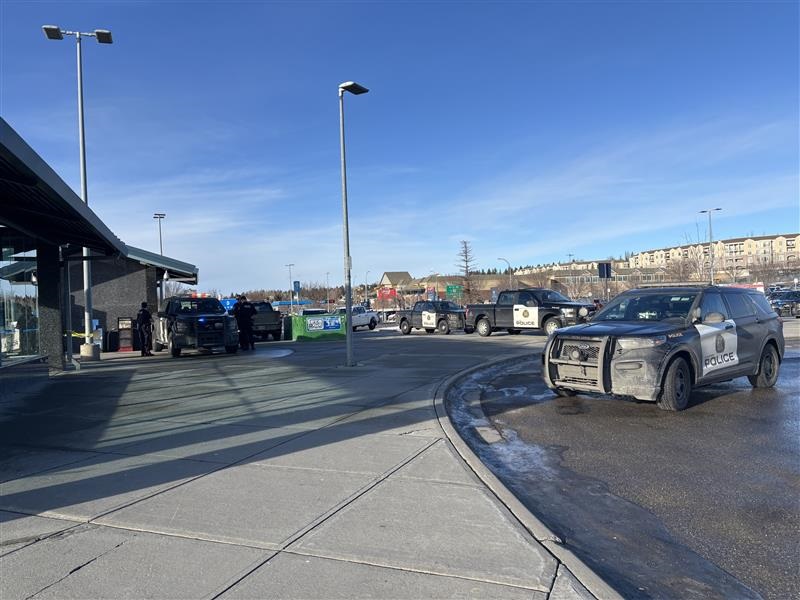Overshadowed by a pandemic, Canada’s opioid crisis worsening as drugs become more potent
Posted Feb 28, 2021 4:46 pm.
Last Updated Mar 1, 2021 6:46 am.
CALGARY (660 NEWS) – It’s an epidemic within a pandemic: more people are overdosing on opioids and dying alone. And now experts are noticing illicit drugs are getting more potent.
Addictions physician Monty Ghosh says because of this, it’s now harder to stop an overdose.
“It’s absolutely crucial that everyone knows how to use a naloxone kit at this time,” said Ghosh. “Higher quantities of illicit drugs and illicit fentanyl that’s more potent than what we’ve seen before, and for this reason we’ve noticed we need more naloxone kits to stop an overdose that could potentially occur.”
In one naloxone kit, there are three vials, which is one more than they previously contained. But now people are needing more than one kit altogether because often three vials are not enough.
“Talking to my clients, they’ve told me they need to use four, sometimes even five vials to reverse an overdose, which is quite scary,” said Ghosh.
READ MORE: Drug users at greater risk of dying as services scale back in second wave of COVID-19
There are several factors contributing to a disrupted and unstable drug supply.
The Chinese government has shut down many of the country’s fentanyl factories. Border closures are also affecting the supply as people are taking it upon themselves to make them in makeshift laboratories.
“We are seeing more chemicals being mixed in like benzodiazepines mixed in with the drug market,” said Ghosh. “Also things like laundry detergent, antiparasitic chemicals being added in as well.
“It’s a smorgasbord of chemicals that could have negative consequences for individuals.”
Last year saw record opioid-related deaths in many provinces, including B.C., Alberta and Ontario.
But statistics do not paint the whole picture. Working in addictions and as an outreach worker, John Sera sees the crisis firsthand.
READ MORE: Province setting up online portal to assist with addiction recovery
“We noticed a few of them in a short amount of time,” said Sera, outreach worker with Be The Change YYC. “We’re seeing more and more of it. I may not be on the streets every single day… it’s happening.
“It’s like chocolate chips in cookie dough. One person might get x number of chocolate chips in it, the other might get x number. One person’s dose may be much more toxic and lethal for one person than the next person.”
There is a push for de-criminalization. The so-called “Good Samaritan” law, tabled by the federal government, allows for some legal protection for those seeking emergency help.
Ghosh says it is a step in the right direction.








